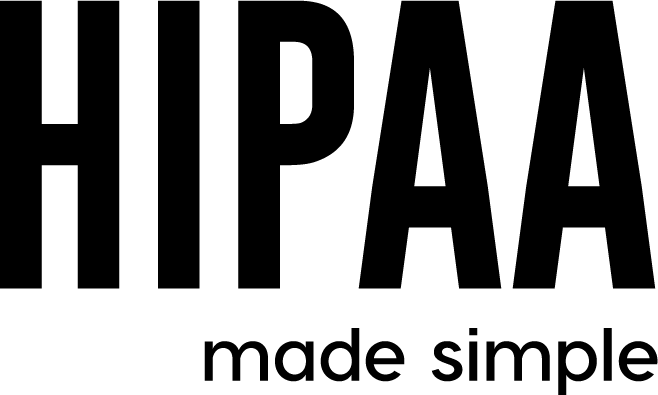Be careful about who you disclose patients’ health information to.
Mental health professionals who work in group settings face unique HIPAA compliance challenges. For example, mental health professionals must be careful about who they disclose patients’ health information to and must protect the privacy of all group members.
Here are some tips for HIPAA compliance for mental health professionals who work in group settings:
- Obtain consent from all group members before disclosing patients’ health information. This includes obtaining consent from both spouses in a marriage and from all adult children in a family.
- Be careful about who you disclose patients’ health information to. You should only disclose patients’ health information to other healthcare providers who have a legitimate need to know the information.
- Take steps to protect the privacy of all group members. This may include using soundproof rooms and ensuring that patient records are kept confidential.
- Train your staff on HIPAA compliance for group settings. Your staff should be trained on HIPAA compliance for group settings so that they can help to protect the privacy of your patients.
How a HIPAA Compliant Website Can Help Your Mental Health Practice
A HIPAA compliant website can help your mental health practice in a number of ways. First, it can help to protect the privacy of your patients’ health information. Second, it shows your patients that you are committed to HIPAA compliance. Third, it can help you to attract new patients and retain existing patients.
Here are some specific ways that a HIPAA compliant website can help your mental health practice:
- Protect the privacy of your patients’ health information. A HIPAA compliant website will use encryption to protect your patients’ health information. This will help to prevent unauthorized access, use, or disclosure of your patients’ health information.
- Show your patients that you are committed to HIPAA compliance. A HIPAA compliant website shows your patients that you take their privacy seriously. This can help to build trust and confidence between you and your patients.
- Attract new patients and retain existing patients. Patients are more likely to trust and choose mental health professionals who have HIPAA compliant websites. A HIPAA compliant website can help you to attract new patients and retain existing patients.
If you are a mental health professional, you should make sure that your website is HIPAA compliant. This is important for protecting the privacy of your patients’ health information and for building trust and confidence with your patients.

